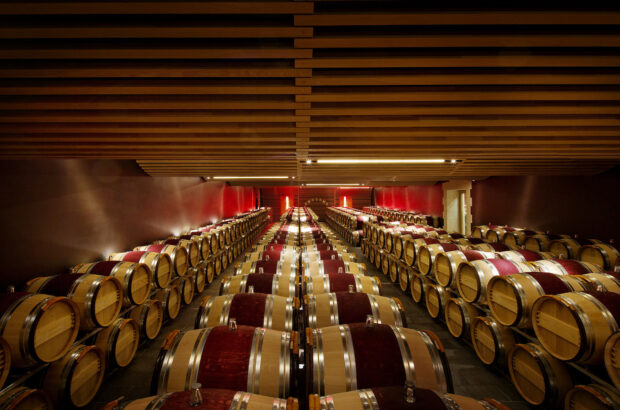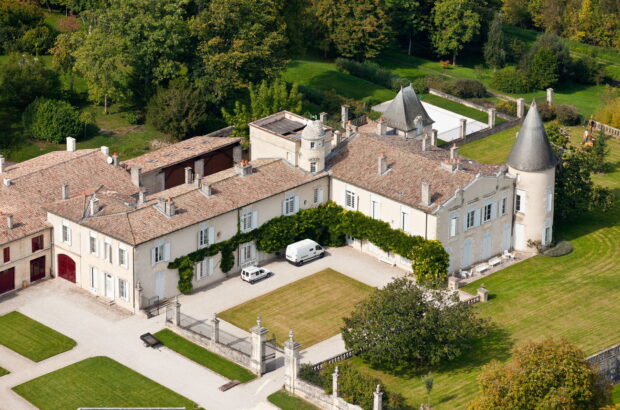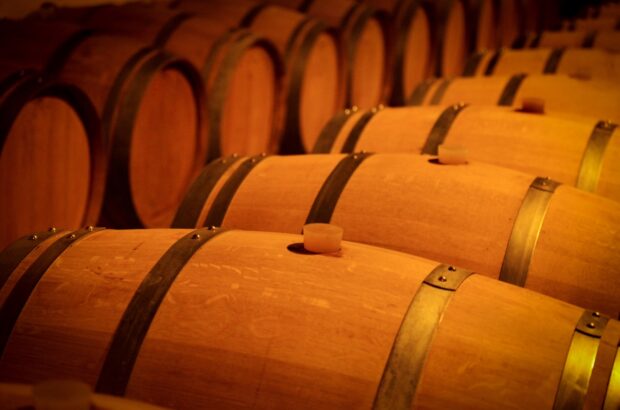Emily Wines MS is the vice president of Wine and Beverage Experiences for Cooper’s Hawk Winery and Restaurants, an American Midwest operation with over 60 locations. A Seattle native, she broke into fine dining in the San Francisco Bay area. A love affair with wine soon followed. She is also chair of the board of directors for the Court of Master Sommeliers, Americas.
‘I was 23 and went to Europe for the first time. I was there for four months and just being able to get a two-dollar bottle of wine… Just having wines suddenly be like: “Ah… this is not a fancy thing. This is an everyday thing – and I want wine with every meal.” So that was a big turning point for me in terms of wine.’
‘My first really magical wine was a Domaine de l’Arlot, one of their Nuits-St-Georges; it would have been from the late 1980s. That was the first time that I was like, wow. This is ethereal.’
‘At Cooper’s Hawk, I manage the wine programme and the education and outreach for what is probably the largest wine club in the world. We have around 600,000 members. We’ve just opened our 53rd location and will have another eight openings next year. Our restaurants are mostly located in the Midwest and suburban areas in Florida or outside Washington, DC.’
‘We very intentionally put restaurants in places that are hungry for wine culture. Having started my career in the fine wine world, where wine is a luxury commodity, it’s wine for the 1%. Now what I do is really about democratising wine and making wine approachable, accessible, and fun for a much broader audience.’
‘I’m a pretty typical sommelier; I like high-acid, low-alcohol wines. Zippy whites; we drink a lot of Champagne in our house and lighter-bodied reds like Frappato and Gamay. Those kinds of light, fresh things, Trousseau is another one.’
‘I’m super stoked on the wines of southern Italy and Portugal – but southern Italy in particular. Having started my career being so focused on French wine, I’m much more excited about Italy these days. Just seeing these incredible indigenous grapes and regions starting to get a lot of love is pretty awesome.’
‘Certainly, we’ve had a lot of drama with the Court of Master Sommeliers as well as scandal. The symposium, though, came about as a larger question. It’s a question that I think we’ve all had for some time. As Master Sommeliers, we would look at our programmes and see that at the beginning levels, we have a lot of women participating. [But] as we go up to the higher and higher levels of exams, the ratio of men to women dramatically changes.’
‘That’s been true for a long time. So we began surveying our members, talking to our candidates and our members, looking at these things. We were trying to understand why we’re seeing a drop-off in female participation. Much of it came down to women not feeling that sense of community the way that many of our male candidates were. There was a sense of isolation and not having access to the same kinds of mentorship.’
‘So this very first symposium is smaller, and it is modelled after something that we’ve already been doing. Every year we do round tables with 10 candidates and 10 Master Sommeliers and do a very intensive workshop. That’s very specifically focused on the exam. [But for this symposium] we wanted to expand it.’
‘For one, we have both advanced and master candidates, also as opposed to just focusing on exam preparation, [we’re] thinking about broader mentorship. It’s about showing these younger women opportunities and giving them a better sense of career path.’
‘One of the big questions I get is: “I don’t know how to get from Point A to Point B. This is what I want to do, but how do I even get to that job?” Showing people what those stepping stones can be is critical.’
‘For me, taking on the role of chair of the board of directors of the Court of Master Sommeliers was really my decision to step in when we were in a crisis. It has been a tough time, obviously, for the organisation. Several women have walked away from the Court, which I certainly understand and respect.’
‘I just felt like it was time to either walk away or step in to make it better, and I believe that. In our profession, most sommeliers are hired by somebody who does not know nearly as much about wine as they do. Sommeliers need to have certification to advance in their careers. And it’s imperative to me that our organisation be something that gives people access to that knowledge and mentorship, as well as a sense of community and support.’
‘The thing that I say to people is, you know, this sort of wholesale culture change, isn’t something that happens overnight. It’s about commitment and doing actionable things that can make a real difference. We’ve created a candidate Bill of Rights. For example, there is an anonymous hotline for sommeliers and candidates to report complaints. It’s important to be able to say. These are the tangible things we’re doing to make it different and better.’












